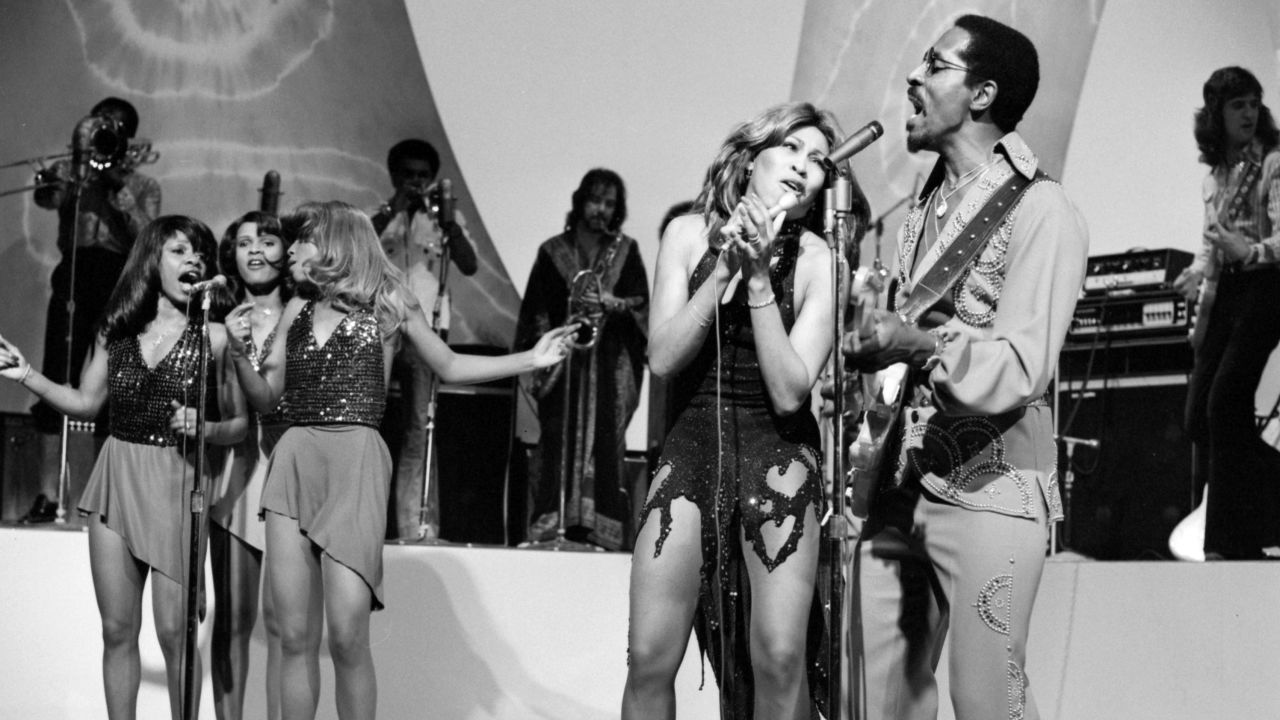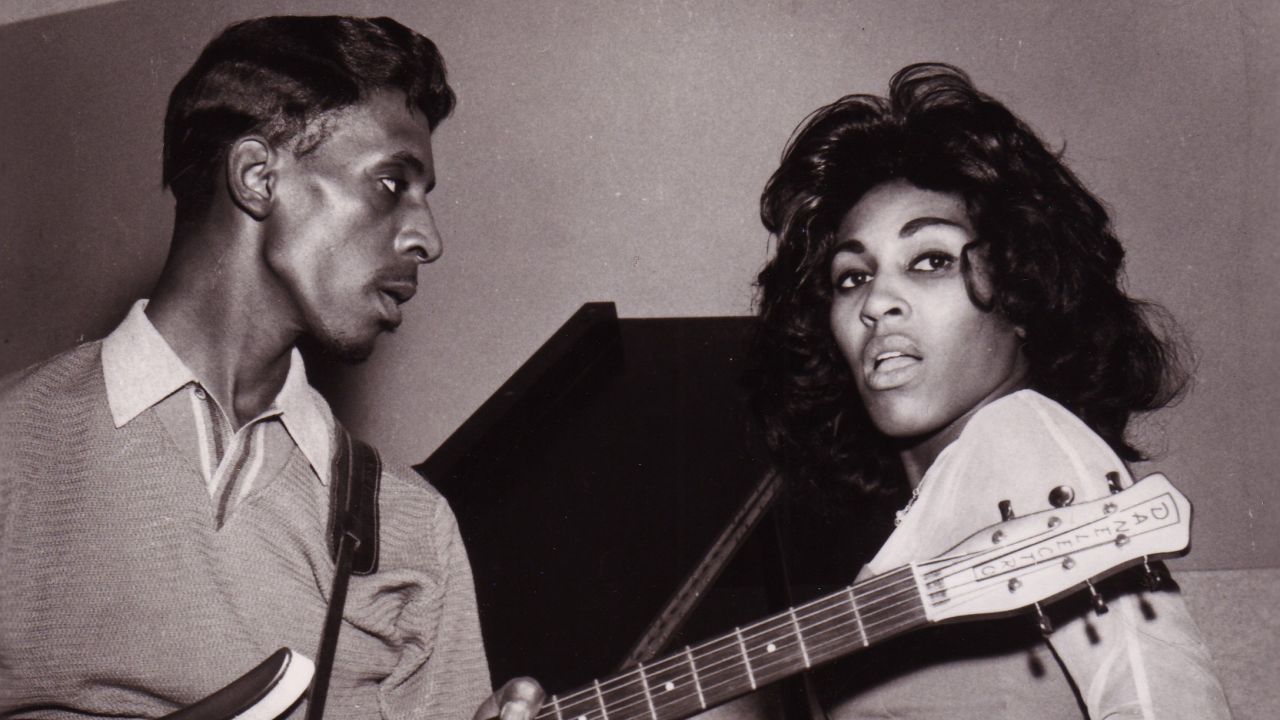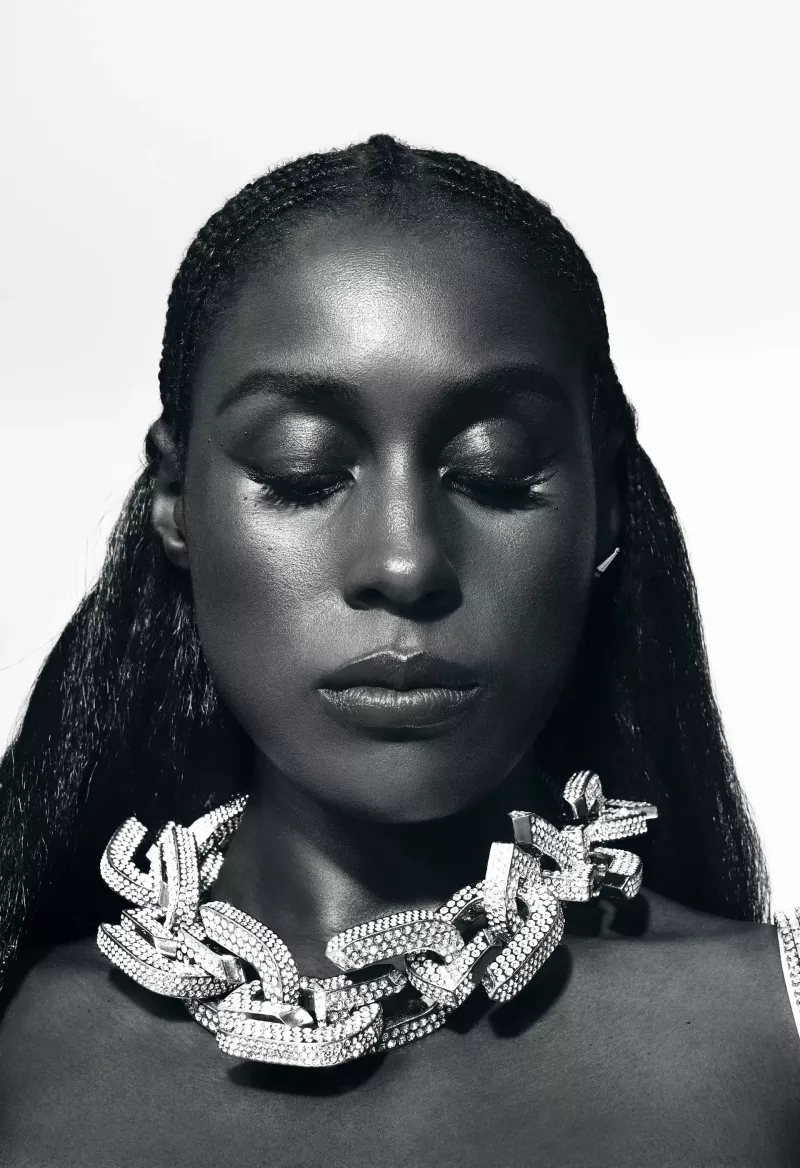Tina Turner, the dynamic rock and soul singer who rose from humble beginnings and overcame a notoriously abusive marriage to become one of the most popular female artists of all time, has died, her family announced in a statement. She was 83. Turner died Wednesday at her home in Küsnacht near Zurich, Switzerland. “With her, the world loses a music legend and a role model,” her family said. “With her music and her boundless passion for life, she enchanted millions of fans around the world and inspired the stars of tomorrow. Today we say goodbye to a dear friend who leaves us all her greatest work: her music. All our heartfelt compassion goes out to her family. Tina, we will miss you dearly,” a statement on her verified Facebook page read.
A riveting live performer, Turner had a string of R&B hits in the 1960s and early ’70s with her domineering and violent husband Ike Turner before she left him – fleeing their Dallas hotel room with 36 cents. Her solo career floundered for years before she mounted a stunning comeback in 1984 with her multiplatinum album “Private Dancer” and its No. 1 hit, “What’s Love Got to Do With It.”
Before long Turner was a global superstar, commanding MTV with her spiky wigs, short skirts and famously long legs strutting across concert stages in three-inch heels. Her talent earned her acclaim as the “Queen of Rock ‘n’ Roll,” while her resiliency made her a hero to battered women everywhere. When she sang of pain and heartache in her husky, full-throated voice, every word rang true.
“For a long time I felt like I was stuck, with no way out of the unhealthy situation I was in,” she told Harvard Business Review in 2021. “But then I had a series of encounters with different people who encouraged me … And once I could see myself clearly, I began to change, opening the way to confidence and courage. It took a few years, but finally I was able to stand up for my life and start anew.”
She was born Anna Mae Bullock in 1939 to poor sharecroppers near Nutbush, Tennessee, a rural community north of Memphis that she later made famous in her autobiographical song, “Nutbush City Limits.” She spent her early years living with her grandmother after her parents split. “We weren’t in poverty. We had food on the table. We just didn’t have fancy things, like bicycles,” Turner said in a 2005 interview with Oprah Winfrey. “We were church people, so on Easter, we got all done up. I was very innocent and didn’t know much else. I knew the radio—B.B. King, country and western,” Turner said. “That’s about it. I didn’t know anything about being a star until the white people allowed us to come down and watch their television once a week.” Following the death of their grandmother in the 1950s, Turner and her sister Ruby moved to St. Louis, Missouri, to live with their mother. It was in St. Louis that she began to visit some of the local clubs and met musician Ike Turner, whose band, Kings of Rhythm, were popular in the area. He recruited her at age 17 to join his band as a singer.

“Ike had to come to the house and ask Ma if it was OK for me to sing with him. He knew I had the potential to be a star. We were close, like brother and sister,” Turner told Winfrey. “On his off nights, we’d drive around town, and he would tell me about his life, his dreams. He told me that when he was young, people found him unattractive. That really hurt him. I felt bad for him. I thought, ‘I’ll never hurt you, Ike.’ I meant it. He was so nice to me then, but I did see the other side of him.” She began performing as Tina Turner and, in 1960, they formed the Ike & Tina Turner Revue. Their relationship evolved and their son Ronnie was born that same year. They married in 1962 and raised four children, including two children from Ike’s previous relationships and Tina’s son, Craig, also from a previous relationship.
As Turner has stated in her autobiography and in interviews, the physical abuse began almost from the start. Thin-skinned and mercurial, Ike Turner would fly into fits of rage at the slightest provocation, she said, adding that he would hit her with whatever was available – coat hangers, telephones, a wooden shoe stretcher, his fists. Often, she said, he’d even beat her before they went onstage. “He’d hit me in the ribs, and then always try to give me a black eye. He wanted his abuse to be seen. That was the shameful part,” Turner told Winfrey. Tina sang lead on most of their songs with the help of female backup singers, while her husband remained in the background, usually on guitar. Their musical partnership yielded a string of R&B hits, including “A Fool In Love,” “Nutbush City Limits” and “Proud Mary,” their 1971 cover of a Creedence Clearwater Revival song, which reached No. 4 on the pop charts and won them a Grammy. But offstage their marriage remained tumultuous, fueled in part by Ike Turner’s cocaine addiction.

“Another night we had a fight in the dressing room, and when I went onstage, my face was swollen,” she told Winfrey. “I think my nose was broken because blood was gushing into my mouth when I sang. Before, I’d been able to hide under makeup. But you can’t hide swelling.” She stuck with Ike Turner for more than a decade, terrified of his temper and determined not to abandon him like others had. But things came to a head in July 1976 when they flew to Dallas for a show. Turner wrote in her book that after a flight on the airplane, her husband began hitting her in a car on the way to their hotel. While he slept, she slipped out of their room, carrying only a Mobil credit card and 36 cents – “a quarter, a dime and a penny.”

She fled across a busy highway to a motel, where a sympathetic clerk saw her bloodied face and gave her a room. She then called a lawyer she knew, who arranged for a friend to pick her up and put her on an airplane back to Los Angeles. “After my plane landed in California, my heart was in my ears. I was afraid Ike would be there because when I’d left once before, he tracked me down on a bus…” she told Oprah. “So when I got off that plane, I ran like mad. I said to myself, ‘If he’s here, I’m going to scream for the police. And I had one chant in my head: ‘I will die before I go back.’”



